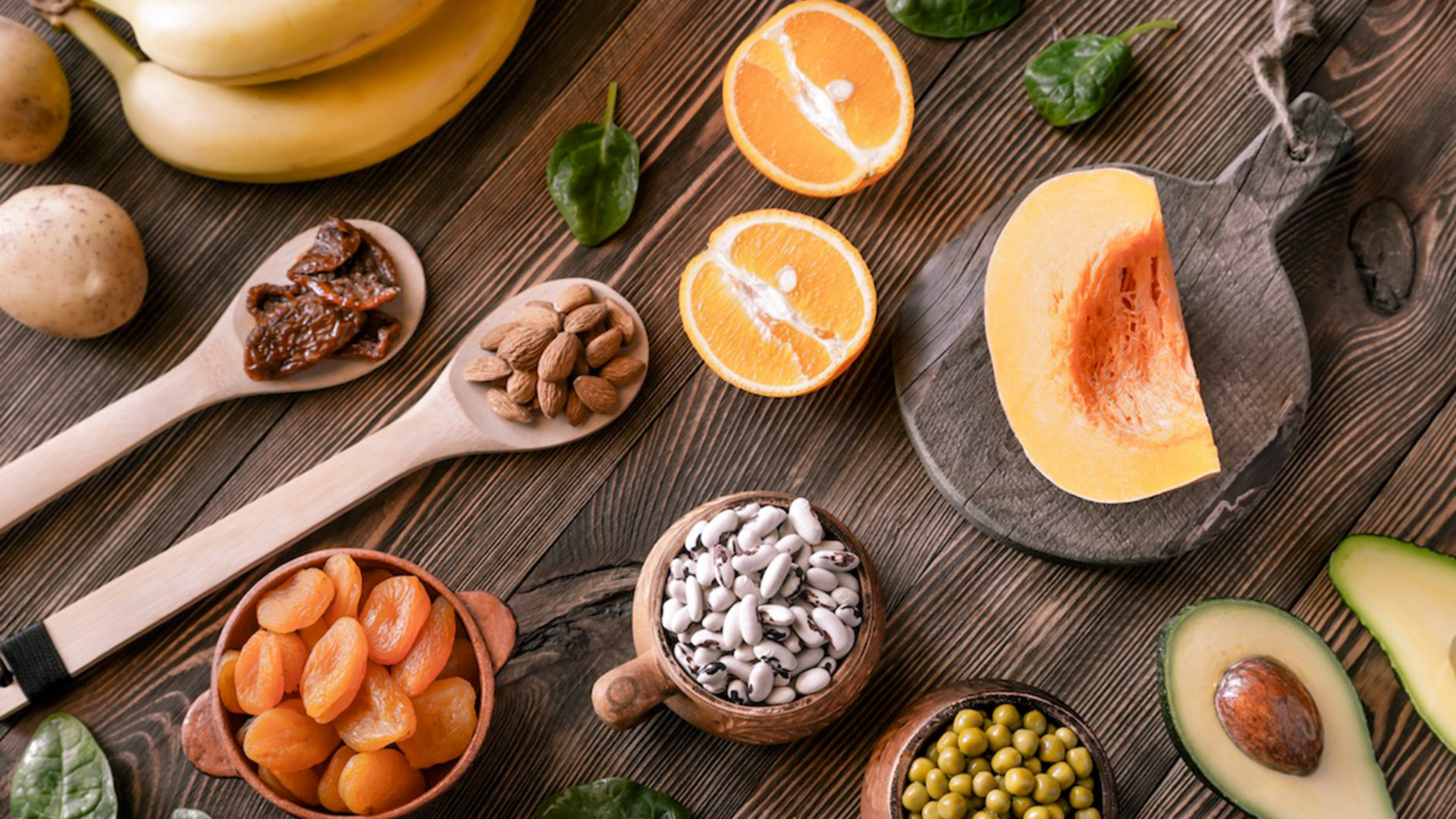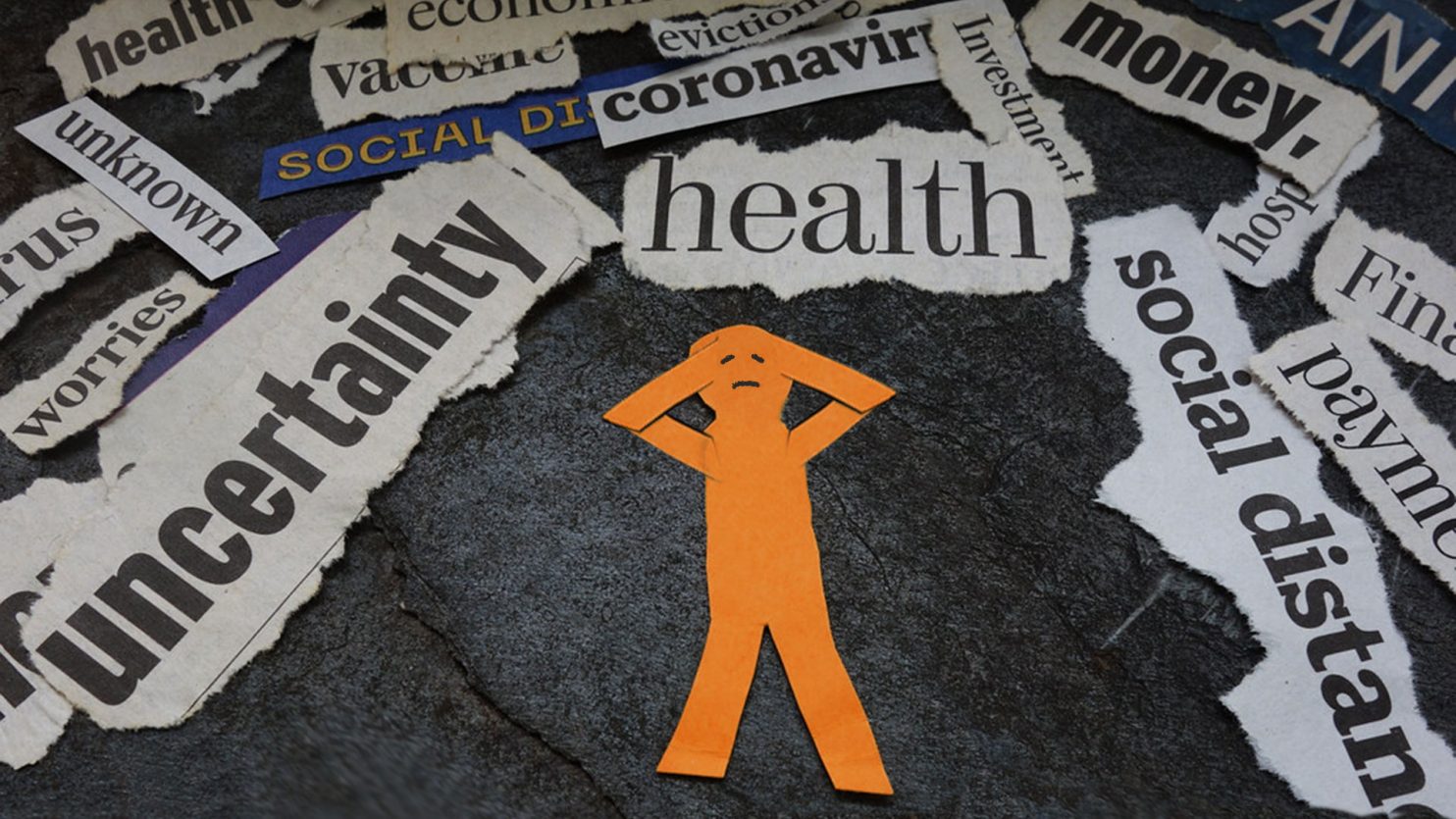Gut and Brain Connection, did you ever stop to wonder about the phrases “gut-wrenching, “nauseating” and “butterflies in the stomach”? They all have something in common: they describe the physical feeling, specifically that in your gut which accompanies emotional states.
Pushing away a plate of food or feeling as though you can’t eat when you are sad or angry is not just an emotional breakdown. The state of your mind plays a big role in the functioning of your body. Anger, anxiety, sadness, happiness, all these emotions can trigger symptoms in the gut.
Why does this happen?
Your brain and your stomach are connected, unsurprisingly. The communication network that connects them is called the gut-brain axis, and it is physical as well as biochemical. If you’ve ever heard the phrases “I’ve got a gut feeling or your gut is your second brain”, that’s because they are connected.
The physical connection
Neurons are primarily brain cells, but they are also found around the body where the nervous system is present. They control the behavior of your body, and there are about 100 billion of these in the brain, but also 500 million in your gut!
And 100 million of these are arranged in two thin layers of nerve cells that line the gastrointestinal tract, forming the enteric nervous system (ENS). The vagus nerve connects them and sends signals in both directions. Especially when you are stressed, the nerve signals your brain to start releasing stress hormones.
The ENS is what triggers the emotional shifts that accompany digestive problems like Irritable Bowel Syndrome (IBS), constipation, diarrhea, bloating and stomach upset. This is why a high percentage of the people with these problems also develop depression and anxiety.
The biochemical connection
Nervous systems have messengers called neurotransmitters. They control feelings and emotions which change your state of mind. Neurotransmitters are also produced by gut cells and the natural flora in your stomach.
Neurotransmitters control feelings and emotions among many other things. Along with serotonin, which is the happy-hormone, they also secrete gamma-aminobutyric acid (GABA) which controls fear and anxiety.
Gut microbes also secrete short-chain fatty acids (SCFA) like butyrate, propionate and acetate by digesting fiber. SCFA can reduce appetite, and this knowledge is used to control weight gain.
Because of the two-way connection, if there are problems with your stomach, your brain reacts to them in a specific way. On the other hand, if you are experiencing mental distress, your stomach responds to that.
This is particularly obvious if you’ve gone to the doctor with stomach distress but there is no obvious physical cause. In such cases, the disorder cannot be treated without treating the mental trigger.
What effects can this have?
Now that you know how close the association between the brain and the gut is, you can begin to understand how this can manifest into different symptoms. The symptoms can be a result of upset in either the brain or the gut or both.
Inflammation
It has been known for a long time that inflammation is a risk factor and symptom for many diseases including depression and Alzheimer’s. The reason this happens is because the gut can influence the immune system, switch it on and off.
If the immune system is switched on too long, then the body becomes inflamed. When the gut barrier starts leaking, secretions from the microbes can cross over into the blood and cause inflammation. This is associated with depression, dementia, schizophrenia and Alzheimer’s.
Anxiety
Unlike the general assumption, the feeling of nervousness that makes you feel nauseated isn’t all in your head. Your mental state influences the stomach to produce measurable symptoms that change the physiology of your gut and affect movements of the tract, even make you more vulnerable to infection.
Conversely, when you suffer from gastrointestinal discomfort, your brain experiences pain with greater intensity. This is because it is already responding to the signals from the tract. Symptoms like intestinal cramps, heartburn or loose stools are also indicative of stress and other mental distresses.
Here are some common symptoms to watch out for:
Physical symptoms
- Stiff muscles
- Headaches
- Sleep problems
- Tremors
- Low sex drive
- Weight fluctuation
- Restlessness
Emotional symptoms
- Crying
- Being stressed
- Nervousness, agitation
- Depression
- Poor concentration
- Indecisiveness
Behavioral symptoms
- Procrastination
- Grinding teeth
- Dietary changes
- Smoking more intensely
- Withdrawal
If you see any of these symptoms, physical or otherwise, they may indicate a problem in the functioning of the brain-gut connection. Visit your physician at the earliest, and discuss both, the mental and physical aspects of your distress before you start treatment.
Food that is great for your Gut and Brain Connection
If you want to ensure that your gut-brain axis is in top shape, you need to make sure that you are giving it the proper nutrition. Some foods groups you should incorporate in your diet are:
- Omega-3 fats
These fats are found in oily fish and a high amount is found in the brain. They increase the good bacteria in the gut, reducing the risk of brain disorders.
- Fermented food
If you like yogurt, kefir, sauerkraut and cheese, you are in luck, for these are all fermented food. They contain a group of great probiotic bacteria called as lactic acid bacteria. While these ensure that your digestive system is in great shape, they also alter brain activity positively.
- High-fiber food
Keeping your gut flora healthy is essential for maintaining the health of the gut-brain axis. Food with high fiber promotes the growth of good bacteria which reduce the levels of stress hormones in humans. These foods include whole grains, nuts, seeds, fruits and vegetables. You may also consume high fiber supplements.
- Polyphenol-rich food
Polyphenols are plant chemicals found in cocoa, tea, coffee and olive oil. The gut bacteria digest these and improve cognition.
- Tryptophan-rich food
Tryptophan is a precursor of the hormone serotonin, and it is found in turkey, eggs and cheese. Such foods help increase the level of serotonin and therefore make you feel optimistic.
Conclusion:
The brain and the gut are inextricably linked. Unlike previously thought, the connection is a two-way street and therefore, physical symptoms affect mental states and vice versa.
Symptoms that are common to both must be addressed together by healthcare professionals. There are ways to make sure that you keep the connection in top shape by consuming the right food groups and stay healthy!
References:







